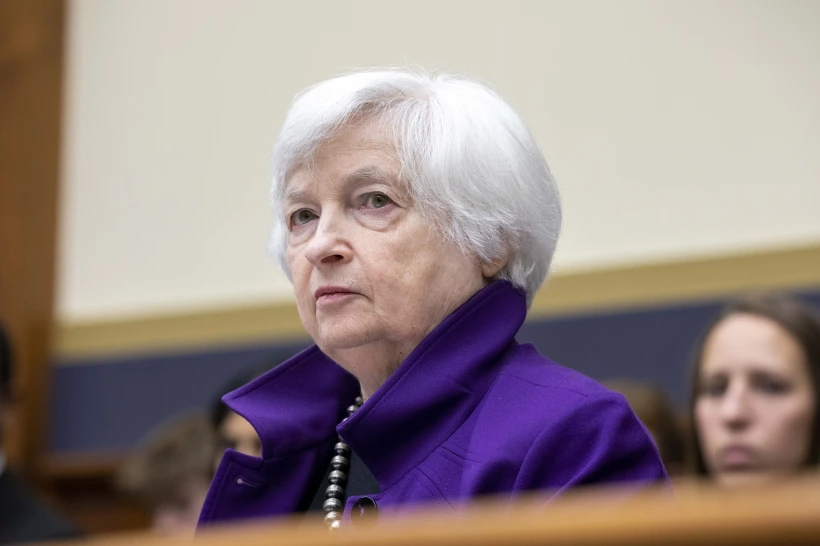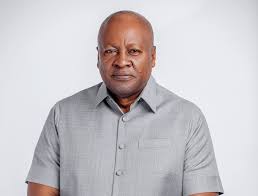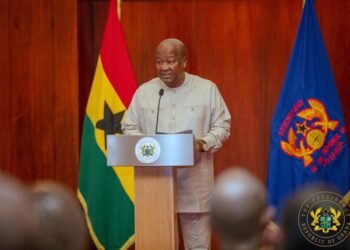U.S Treasury Secretary, Janet Yellen, is slated to visit China this week.
Yellen’s trip will be the second by a top U.S official to the Asian country in a matter of weeks as it follows U.S Secretary of State, Antony Blinken’s two-day stop in Beijing in June, the highest-level meetings in China in the past five years.
Blinken made the trip in pursuance of repairing tense relations between U.S and China. He met with Chinese President, Xi Jinping and the two agreed to stabilize deteriorated U.S.-China ties. However, better communications between their militaries could not be agreed upon.
Ties between U.S and China; the world’s two biggest economies, have been strained over Washington’s military support and sales of defensive weapons to self-governing Taiwan, China’s assertions of sovereignty to the contested South China Sea and its flying of a suspected spy balloon over the U.S.
In a statement, U.S Treasury Department disclosed that Yellen will travel to Beijing from July 6, 2023 to July 9, 2023. The visit was also confirmed in a statement by China’s Finance Ministry on Monday, July 3, 2023 morning.
Yellen is expected to discuss the importance for both countries “to responsibly manage our relationship, communicate directly about areas of concern, and work together to address global challenges,” the Treasury Department statement said.
An official, who spoke on condition of anonymity, divulged that Yellen will meet with Chinese officials, U.S. companies doing business in China and with Chinese people.
According to the official, the objective of her visit was to deepen and boost the frequency of communication between the United States and China. While there are unquestionably points of consensus where Yellen can advance, the official noted that there are also fundamental differences that cannot be settled in a single visit.
Discussions With Chinese Officials Needed For Stronger Global Economic Growth
The Vice President of the Asia Society Policy Institute, Wendy Cutler opined that for the U.S, discussions with officials from China; the world’s second-biggest economy, “are important to help spur stronger global economic growth and to tackle the mounting debt problem of the Global South.”
While for China, Cutler said, officials are “looking for concrete steps taken by the U.S to show that ‘decoupling’ and holding back China is not the ultimate goal of the United States.”
Yellen, who has described the notion of an economic decoupling from China as “disastrous,” has frequently said in the past year that she would like to visit China. She claims the two nations “can and need to find a way to live together” in spite of their strained relations over geopolitics and economic development.
A second administration official informed a news agency that Yellen was expected to meet the Chinese Vice Premier, He Lifeng.
One clear area of concern involved China’s new national security and espionage law, which came into force on July 1, and the potential implications for foreign and US firms, the official added.
Citing possible spill overs into the broader investment climate and the economic relationship, the official said, “We have concerns with the new measure and how it might apply, that it could expand the scope of what is considered by the authorities in China to be espionage activity.”
While the U.S seeks to secure its national security interests and protect human rights, actions to this effect are “not intended to gain economic advantage over China”, the official added, saying that Yellen would be aiming to build longer-term channels of communication with China.



















